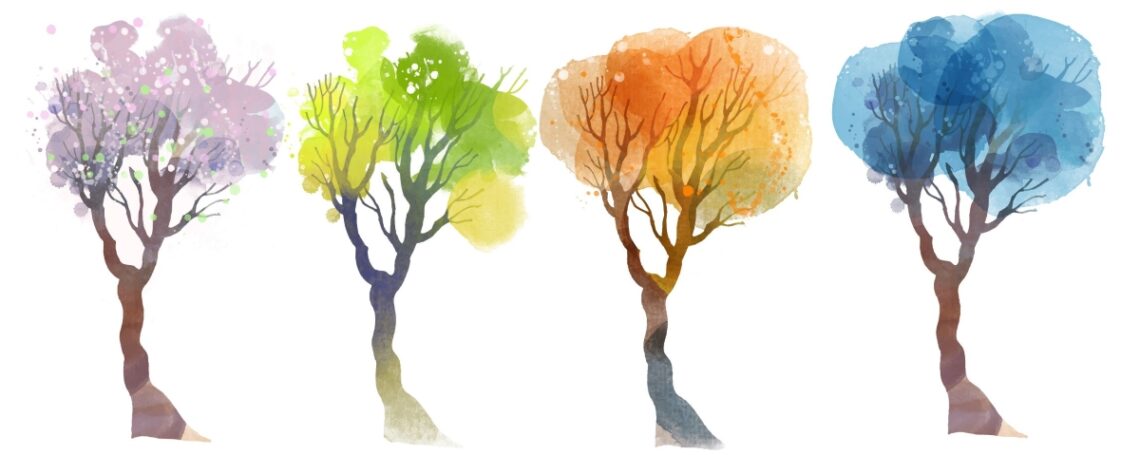
My Celebrations
 Question: Why should one observe holidays?
Question: Why should one observe holidays?
“…Human beings have to find alignment with the natural patterns to fulfill themselves and avoid harming others and the world at large…”
“Daoists, moreover, observe the natural cycles of the seasons…”– Livia Kohn, ‘Daoism and Chinese Culture’
“…Celebratory acts are not intended to influence a supernatural power or to change the course of external events. Rather, they are designed to benefit our own thoughts and moods. They deepen our reverence for nature and the universe, and help us muster our individual or communal strength to cope with life’s problems and crises.” – Paul Harrison, ‘Elements of Pantheism’
I absolutely believe in the power of ritual, ceremony and prayer… to change oneself. And I try to live in tune to the natural, seasonal cycles. To that end, listed below are some of my personal observances. I do not tend to use the word ‘holiday’ unless it is so called officially.
I personally practice a lunisolar and national calendar of celebrations – noting both solar holidays, and lunar ones. I observe most of the formal American holidays and observances, and some historical European and Celtic traditions aligning with my own cultural background.
Solar, Cultural & American Holidays
- Jan. 1 – New Year’s (Day)
- Mar. 21 – Vernal Equinox
- June 21 – Summer Solstice
- July 4 – Independence Day (US)
- Sept. 23 – Autumnal Equinox
- Oct. 31 – All Hallows / Halloween
- Nov. 25 – Thanksgiving (US)
- Dec. 21 – Winter Solstice
- Dec. 25 – Christmas (US)
New Moon Purifications
It has been my experience that if one wants to decompress from a few weeks of stress, and feel rejuvenated, a new moon purification ritual can be highly effective! It can be as simple as a long, thoughtful soak in the bath, followed by a time of meditation… or as elaborate as incorporating some element of the moon’s name. I use the Native American / Settlers names for the moons (new and full), going with the ones that make the most sense for my region (traditional in parenthesis). The best source I’ve found for these is the Farmer’s Almanac. Click over to this site for an actual explanation of the moon names.
- January – New/Full Wolf Moon
- February – New/Full Snow Moon
- March – New/Full Crow (Worm) Moon
- April – New/Full Pink Moon
- May – New/Full Flower Moon
- June – New/Full Strawberry Moon
- July – New/Full Buck Moon
- August – New/Full Thunder (Sturgeon) Moon
- September – New/Full Harvest Moon
- October – New/Full Huntress Moon
- November – New/Full Beaver Moon
- December – New/Full Cold Moon